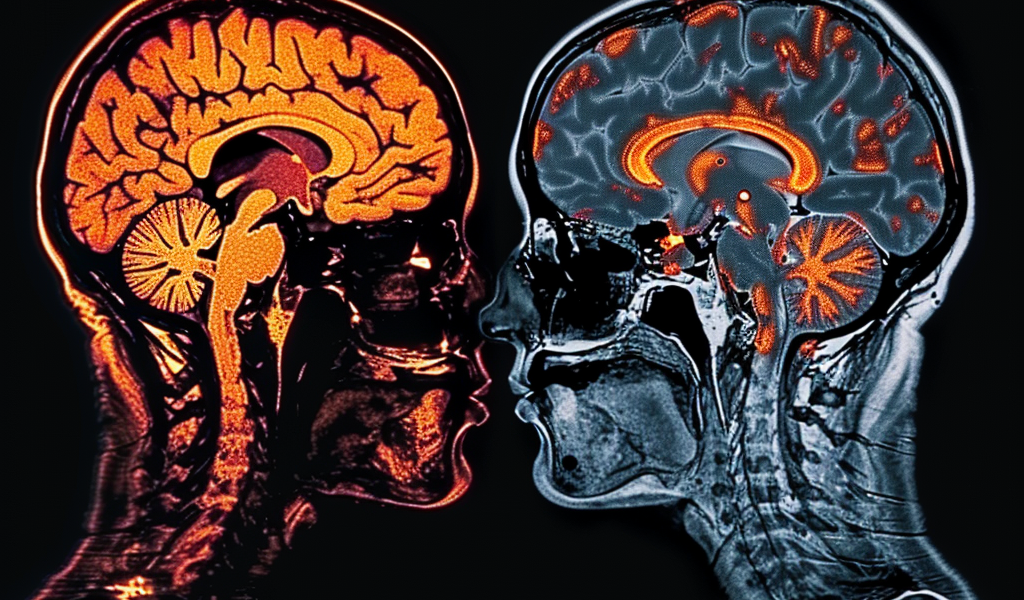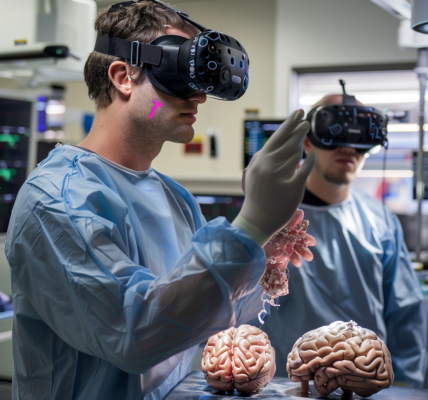Study Shows Hearing Aids May Slow Brain Aging Process in Adults with Mild Cognitive Impairment
Recent research has shed light on the potential benefits of hearing aids in slowing down the brain aging process in adults with mild cognitive impairment. A study conducted by the University of California, Los Angeles, revealed intriguing findings regarding the impact of untreated hearing loss on brain metabolism.
The study focused on individuals with mild cognitive impairment and untreated hearing loss, using 18F-FDG scans to assess brain metabolism levels over a two-year period. The results showed that subjects with untreated hearing loss exhibited below-normal metabolism in frontal cortical regions, indicating a potential link between hearing loss and cognitive decline.
Interestingly, the group of subjects who used hearing aids did not experience significant decline in any frontal cortical region over the same time frame. This suggests that hearing aids may play a role in preserving brain function and slowing down the progression of cognitive impairment.
Natalie Quilala, Stephen Liu, Helen Struble, and Daniel Silverman were credited with creating the images that visually represented the differences in brain metabolism between subjects with untreated hearing loss and those using hearing aids. The images highlighted the stark contrast in metabolism levels, with brighter red colors indicating more severely diminished metabolism.
This study, published in the Journal of Nuclear Medicine, underscores the importance of addressing hearing loss in individuals with mild cognitive impairment. By utilizing hearing aids, individuals may potentially mitigate the effects of cognitive decline and support overall brain health.





